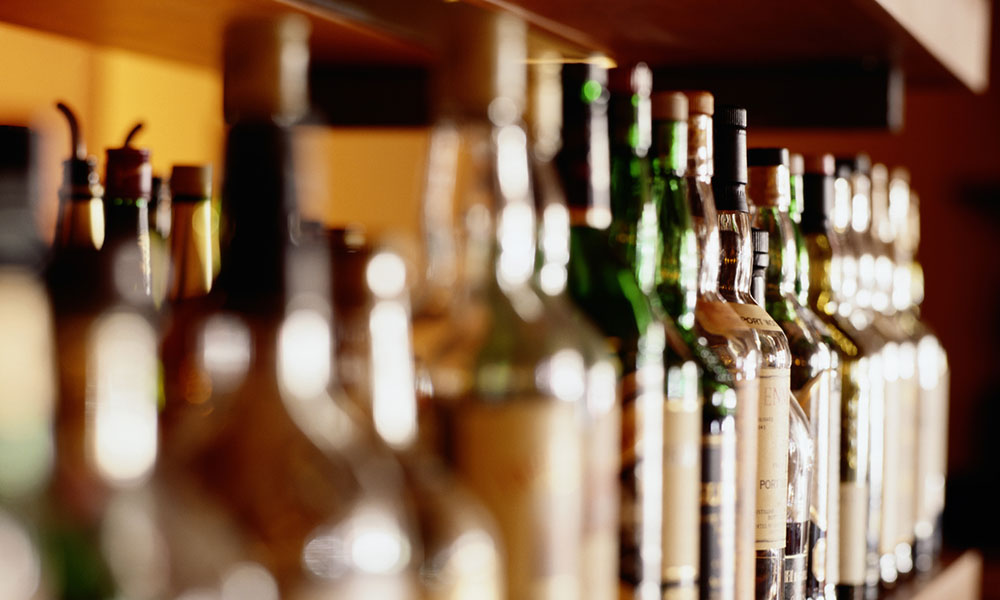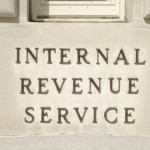
Craft Spirits Industry Sees Potential in Tax Law Changes
The American Craft Spirits Association, a trade group representing small-scale distillers, is pressing for lower excise taxes on its increasingly popular products—and it has a historic example that helps make its case.
More than 40 years ago, a tax law change turned beer from a mass-market product made by a few large companies into an infinitely more diverse business with niche varieties produced by thousands of small craft brewers.
That law, championed by the Brewers Association and signed by President Gerald Ford in 1976, cut the federal excise tax from $9 to $7 per barrel for the first 60,000 barrels of beer a maker produced—and helped turn the beer industry into a true phenomenon.
A drink is a drink is a drink, and parity with beer and wine is long overdue.
Now, another group representing small-scale producers of alcoholic beverages sees an opportunity to turn its industry on its head. The four-year-old American Craft Spirits Association (ACSA) has helped encourage the growth of more than 1,300 craft distillers nationally—a large jump from two decades ago, when low-volume distillers were rare.
Still, there’s plenty of room for craft distillers to grow: According to ASCA’s Craft Spirits Data Project [PDF], just 2 percent of producers represent more than 60 percent of the industry’s output, and 91.7 percent of craft producers—the smaller ones—represent just 12.1 percent of cases sold.
One reason for that imbalance, ASCA says, is taxes. As The Washington Post notes, the excise tax is significant for craft distillers of all sizes. At $13.50 per proof gallon, distillers pay roughly six times as much in taxes as craft brewers do. And as Whiskey Wash notes, states levy additional excise taxes on spirits—with Washington state taxing distillers $35 per proof gallon. Nationwide, 10 states add $10 or more to the excise tax for each gallon.
To lighten the tax burden on smaller distillers, ACSA is supporting the Craft Beverage Modernization and Tax Reform Act, which would reduce the federal excise tax to $2.70 per taxable gallon sold for the first 100,000 gallons.
A previous version failed to pass in the last Congress, but ASCA was heartened last year after the law gained support from more than half of the Senate.
“While the craft distilling community is encouraged by reaching a landmark achievement in the fight for a reduction in [the federal excise tax], we will continue to press Congress to do the right thing and pass this historic legislation,” ACSA Board President Paul Hletko said in a statement in October. “A drink is a drink is a drink, and parity with beer and wine is long overdue.”
Writing for the Post, author Tom Acitelli, who recently wrote a book on the craft spirits industry, noted that the industry has a real shot at getting a law passed this cycle—somewhat ironically, considering President Donald Trump is a teetotaler—but that its low spot on the agenda and the administration’s recent scandals could hamper the bill.
(iStock/Thinkstock)






Comments